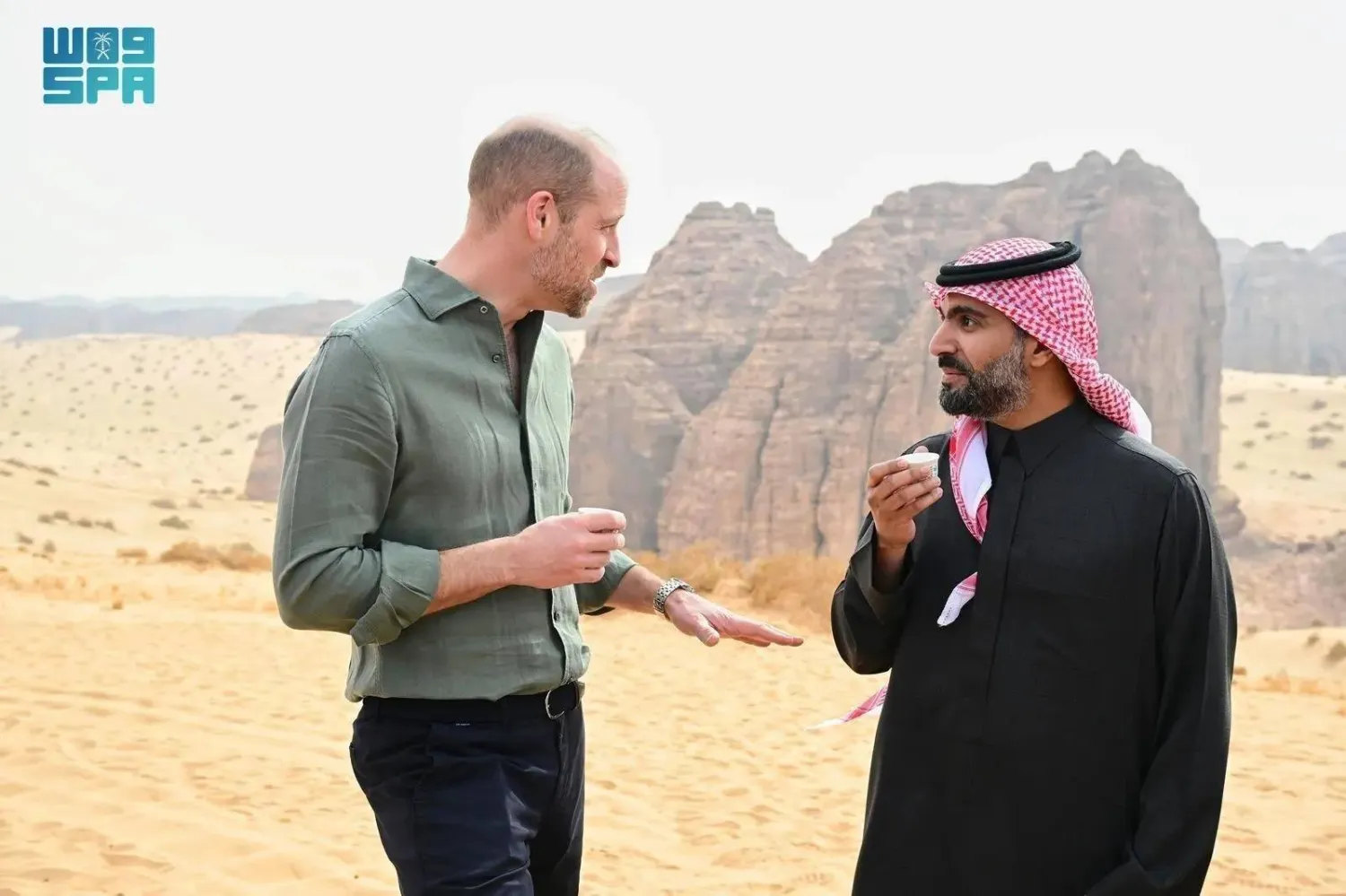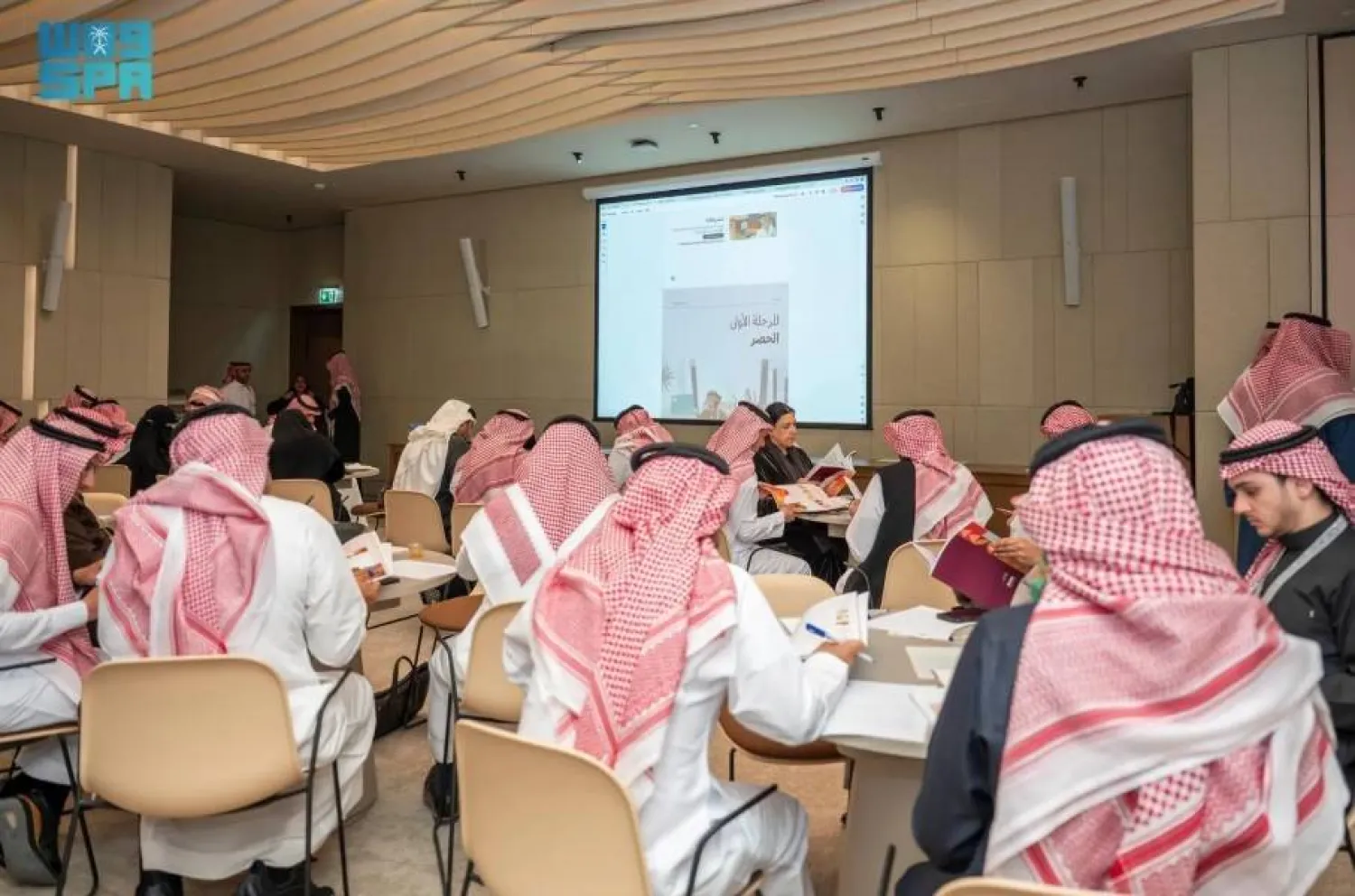The Department of Education in Najran launched a program to teach the enriching Chinese language in the region's public and private secondary schools.
The department said that the program targets 1,506 students from the second secondary grade by including the program of teaching the enriching Chinese language for students with one class per week in public and private secondary schools, SPA reported.
The Assistant of Educational Affairs at the Department, Hussein Al Muammar, noted that the program aims to develop students' skills, grant them self-learning skills based on activities and encourage students to explore the Chinese language at an early date to enroll for the Chinese language class in the third secondary grade in the optional field.
The Department of Education in Najran seeks to achieve national goals and keep pace with the development of Saudi-Chinese relations in various fields through the optimal investment of available human resources in the field of education by entrusting them with supervising enrichment programs and diversifying the practices of adopting the Chinese language in public and private schools.
Najran Education Department Starts Teaching Chinese at Public, Private Schools

General view in the city of Najran, Saudi Arabia - AP

Najran Education Department Starts Teaching Chinese at Public, Private Schools

General view in the city of Najran, Saudi Arabia - AP
لم تشترك بعد
انشئ حساباً خاصاً بك لتحصل على أخبار مخصصة لك ولتتمتع بخاصية حفظ المقالات وتتلقى نشراتنا البريدية المتنوعة







